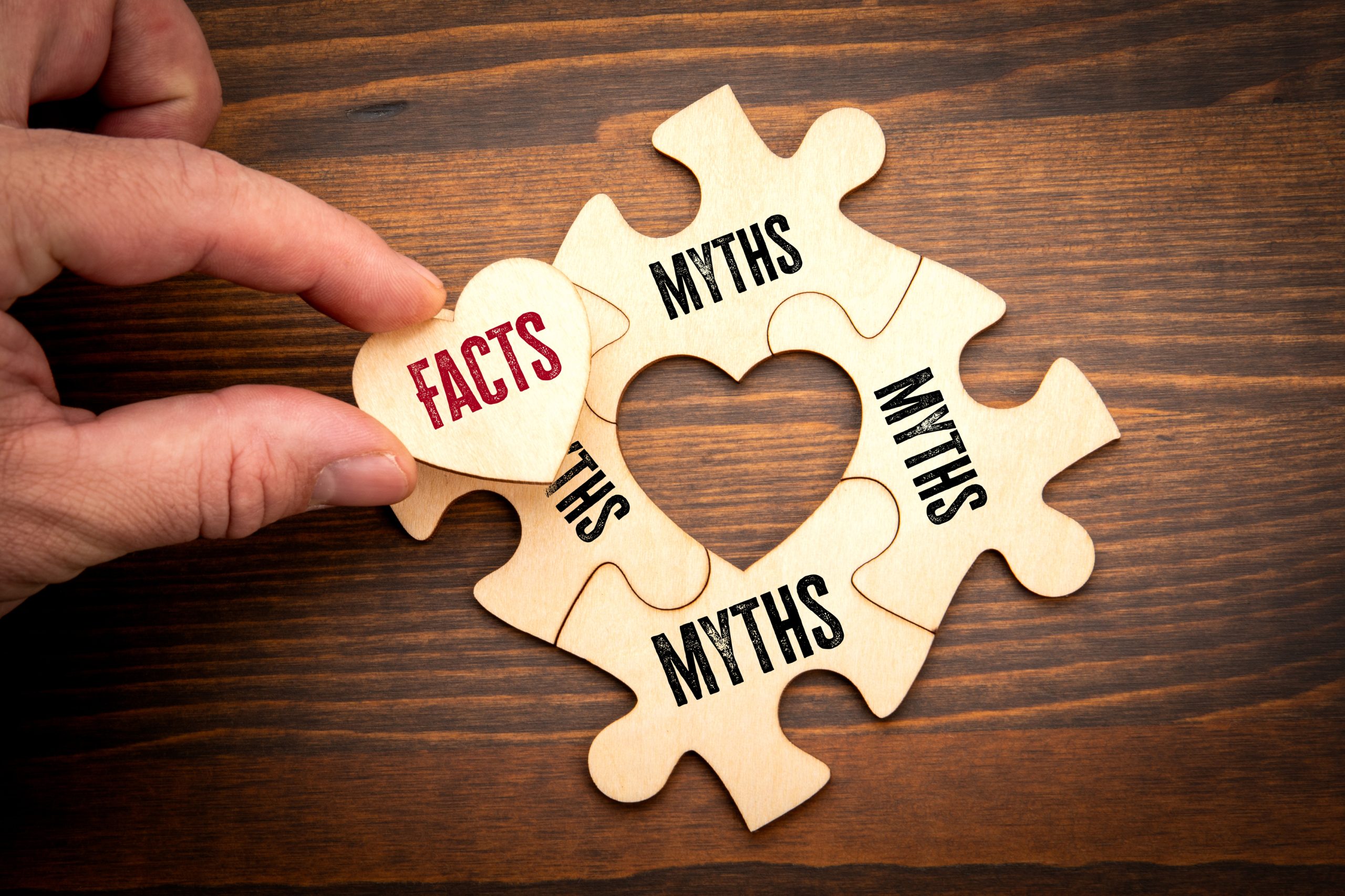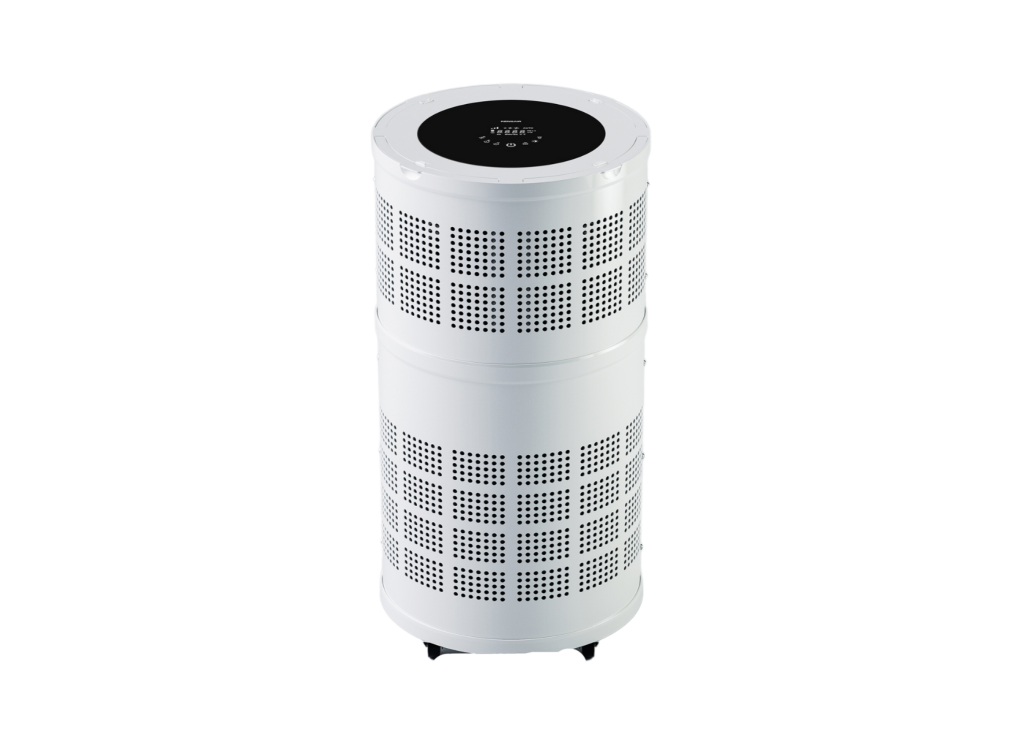Do Air Purifiers Really Work? Let’s find out

We spend most of our time indoors, whether at home, work, or public buildings. Yet, did you know that indoor air can sometimes be more polluted than outdoor air? Dust, pollen, smoke, pet dander, and even bacteria float invisibly in enclosed spaces. This is why many people turn to air purifiers for cleaner air. But the question remains: do air purifiers really work? Are they effective devices that truly improve indoor air quality, or just another overhyped gadget?
In this blog, we explore the common air purifier myths and Does air purifier work as promised? By separating fact from fiction, you’ll gain clarity on what air purifiers can, and cannot, do for your health and environment.
How Do Air Purifiers Work?
Air purifiers clean indoor air by drawing it in, trapping harmful particles, and releasing cleaner air back into the room. These particles can include dust, pollen, smoke, pet hair, and even some germs. Many people wonder, do air purifiers work for all these contaminants, and the answer depends on the technology used.
Most air purifiers use filters, especially HEPA filters (High-Efficiency Particulate Air), which capture small particles such as dust mites, pollen, and pet dander. These are key triggers for allergies and asthma. So, if you’re asking, does air purifier work for allergy relief or respiratory health, the science says yes, with the right filter.
Some air purifiers also include:
- Activated Carbon Filters: Absorb odours, smoke, and chemicals (VOCs) from paint or cleaning products.
- UV-C Light or PECO Technology: Kill or break down bacteria and viruses, especially in high-risk environments.

Common filtration methods include:
- True HEPA Filters: Capture 99.97% of particles 0.3 microns and larger.
- HyperHEPA Filters: Capture ultrafine particles down to 0.003 microns with 99.5%+ efficiency.
- Activated Carbon Filters: Absorb odors and gases.
- Ionisers: Release charged ions that attach to particles, causing them to fall out of the air.
- UV-C Light: Destroys bacteria and viruses by damaging their DNA.
- Photocatalytic Oxidation: Breaks down pollutants at the molecular level.
People often ask, do air purifiers really work when it comes to viruses or chemical pollutants. The answer lies in choosing purifiers with validated multi-stage filtration, not falling for outdated air purifier myths.
7 Common Air Purifier Myths Debunked
Air purifiers are often misunderstood, leading to confusion about their effectiveness. From how they work to what they can remove, it’s time to separate fact from fiction. Let’s uncover the truth behind these air purifier myths.
Myth 1: All Air Purifiers Work the Same
Not true. Different purifiers use different technologies, each targeting specific pollutants:
- HEPA filters: Capture particles like dust and pollen.
- Carbon filters: Remove odours and gases.
- Ionisers: Electrically charged particles to trap them.
- UV-C light: Kills microorganisms.
Many people ask, “do air purifiers work” equally for all contaminants? The truth is, each technology serves a distinct purpose. Choosing the wrong type may yield poor results. Always match the purifier to your specific needs.
Myth 2: Air Purifiers Cure Allergies and Asthma
While air purifiers reduce allergens and irritants (like pollen, pet dander, and mold), they don’t cure these conditions. They help manage symptoms but aren’t a replacement for medical treatment.
So, does air purifier work for asthma or allergies? Yes, it supports symptom control, especially when used consistently in the right environment, but it’s not a cure.
Myth 3: You Don’t Need to Clean or Replace Filters
False—neglecting filter maintenance can render your purifier ineffective and even recirculate pollutants.
- Wash washable filters monthly.
- Replace disposable filters every 6-12 months, or as directed.
Myth 4: Air Purifiers Are Just a Marketing Trick
This is one of the most persistent air purifier myths. In reality, high-quality purifiers are backed by research and widely used in hospitals, schools, and homes. They’re especially beneficial for those with:
- Asthma
- Allergies
- Breathing issues
They also help in regions with high air pollution. So, do air purifiers work in real life? Especially when they’re independently tested and appropriately used.
Myth 5: One Small Purifier Can Clean the Whole House
Choose the right size based on room area:
| Room size | Purifier type |
| Small | Compact |
| Medium | Standard |
| Large | High-CADR unit |
Believing one tiny device does it all is among the most common air purifier myths. To truly answer “do air purifiers work”, ensure your device suits the space.
Myth 6: Opening Windows Makes Air Purifiers Useless
While open windows let in fresh air, they also bring in new pollutants. Air purifiers still help by filtering incoming contaminants.
- Best: Use with windows closed.
- Okay: Use with limited ventilation.
Does air purifier work if fresh air is coming in? Yes, it keeps filtering what enters, helping maintain indoor air quality.
Myth 7: Air Purifiers Remove Viruses Completely
Not all air purifiers can handle viruses. Basic models may not be effective, but advanced systems with UV-C or PECO technology can destroy viruses at the molecular level.
If you’re asking, “do air purifiers really work” against viruses, the answer is yes—but only with the right tech. Be cautious of misleading air purifier myths and always check independent testing results.
How to Choose the Right Air Purifier
When picking an air purifier:
- Define the pollutant: allergens, smoke, VOCs, pathogens
- Check filtration tech: True HEPA, activated carbon, pre‑filters
- Look for UV‑C or PECO if you’re targeting microbes
- Confirm coverage matches room size
- Mind energy efficiency and noise
- Always check independent lab validation
Ask yourself: does air purifier work in my situation? If yes, you’ll need evidence on CADR, filter efficiency, and virus inactivation.
Components of Rensair’s Filtration System
Rensair offers advanced commercial-grade air purifiers tailored for demanding indoor environments. Our multi-stage system includes:
- H13 HEPA Filter: Captures 99.97% of particles as small as 0.1 microns, including bacteria, viruses, pollen, and mold. This level of filtration addresses a common concern: does air purifier work against microscopic threats? With Rensair’s HEPA filtration, the answer is yes.
- 18W UVC Light: Centrally located within the HEPA cylinder, this germicidal lamp breaks down the DNA/RNA of pathogens trapped in the filter. It’s part of the reason why Rensair units prove that do air purifiers really work; is not just a question, it’s a confirmed result with the right technology.
- Pre-Filters + VOC Filters: Capture larger particles and remove harmful gases like formaldehyde and nitrogen oxides. Many air purifier myths suggest these systems can’t handle gases, but Rensair’s design disproves that.
- 360° Airflow Design: Pulls in air from all sides and evenly distributes clean air for full-room coverage. This design ensures purification and helps settle the debate over whether air purifiers really work in larger or shared spaces.
Smart Demand Controlled Ventilation (SDCV): A patented system that reduces ventilation-related energy consumption by at least 40%, increasing sustainability. In a market full of air purifier myths, Rensair offers transparent performance and proven energy efficiency.
Conclusion: Yes, Air Purifiers Work—If Used Right
Air purifiers are an effective solution for improving indoor air quality. They help reduce dust, allergens, and pollutants, creating a cleaner, healthier environment. But they work best when combined with proper filter maintenance, cleaning habits, and correct usage.
Some still wonder, do air purifiers really work, especially in large or shared spaces? Scientific studies and real-life case uses show that high-quality systems, like Rensair’s, deliver measurable results, removing up to 99.97% of harmful particles.
Whether you’re protecting office staff, patients, or students, Rensair offers medical-grade air purification that ensures safety, compliance, and energy efficiency.
Contact us today for a free personalized air quality assessment and find how Rensair can help your workplace breathe easier, literally and financially.
Frequently Asked Questions
Is an air purifier really worth it?
Yes, they effectively reduce allergens and pollutants, improving indoor air quality and health for sensitive individuals.
Do air purifiers remove dust?
Yes, HEPA filters capture up to 99.97% of airborne dust particles, significantly reducing dust in your indoor environment.
Do air purifiers use a lot of electricity?
No, most models use low power (20-100W), similar to a light bulb or small fan.
Do air purifiers help you sleep better?
Yes, by removing irritants and creating clean air, they can reduce allergies and promote restful sleep.
